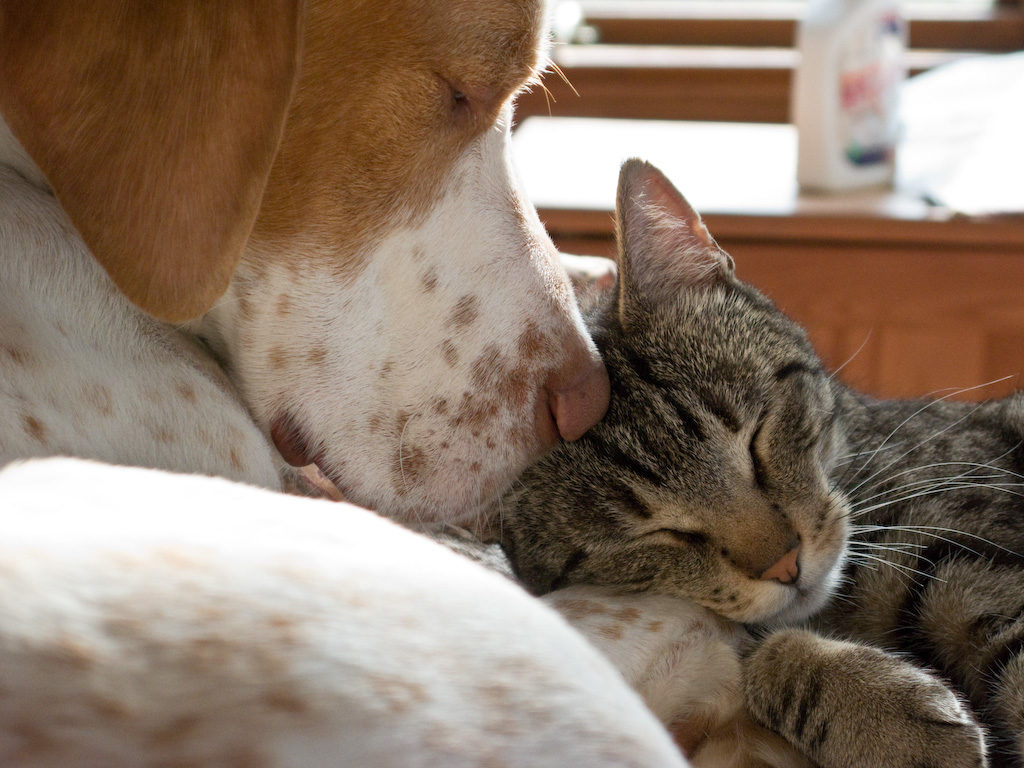Uncategorized
Kitten Kicks: Essential Training Tips for Your Feline Friend
Are you a proud owner of a curious and energetic kitten? Congratulations! Welcoming a new furry friend into your home can bring immense joy and companionship. However, it’s important to ensure that your adorable kitten grows into a well-behaved and happy cat. In this comprehensive guide, we will provide you with essential training tips to nurture your feline friend’s behavior and ensure they become a delightful addition to your family.
1. Establish a Safe and Stimulating Environment
Creating a safe and stimulating environment is paramount when training your kitten. Start by designating a cozy and comfortable space exclusively for your kitten, equipped with a soft bed, toys, and a litter box. This space will serve as their sanctuary and aid in their development. Ensure there are no hazardous objects or toxic plants within their reach.
2. Introduce Basic Commands
Teaching your kitten basic commands is the foundation of their training. Start with simple commands like “sit,” “stay,” and “come.” Use positive reinforcement techniques such as treats, praise, and gentle petting to reward your kitten when they successfully follow a command. Consistency and patience are key during this process.
3. Encourage Proper Scratching Behavior
Kittens have a natural instinct to scratch, which helps them stretch their muscles and maintain healthy claws. To prevent your furniture from becoming a scratching post, provide your kitten with a dedicated scratching post or board. Encourage them to use it by gently guiding their paws and rewarding them when they engage with it. Avoid punishing your kitten for scratching inappropriately, as this can lead to anxiety or fear.
4. Litter Box Training
Proper litter box training is essential to maintain a clean and odor-free home. Choose a litter box that is appropriate for your kitten’s size and make sure it is easily accessible. Show your kitten where the litter box is located and gently place them in it after meals or naps. Be patient as they learn to use it independently, and never scold or punish them for accidents outside the litter box. Instead, reinforce positive behavior by praising and rewarding them when they use it correctly.
5. Socialization and Handling
Early socialization is crucial for a well-rounded and friendly cat. Expose your kitten to various stimuli, including different people, other animals (if appropriate), and new environments. Gradually introduce them to these experiences, ensuring they feel safe and supported throughout the process. Gentle handling and positive associations will help your kitten develop trust and confidence.
6. Encourage Playtime and Exercise
Kittens have boundless energy and need ample opportunities to play and exercise. Engage in interactive play sessions with toys that simulate prey, such as feather wands or laser pointers. This not only provides physical exercise but also helps your kitten develop their hunting instincts. Rotate and introduce new toys regularly to keep playtime exciting and prevent boredom.
7. Positive Reinforcement and Rewards
Positive reinforcement is a powerful tool in training your kitten. Whenever your feline friend displays desirable behavior, such as using the litter box or following a command, reward them promptly. Use treats, verbal praise, or gentle strokes to reinforce their good behavior. This positive association encourages them to repeat the desired actions and strengthens the bond between you and your kitten.
8. Patience and Consistency
Remember, training a kitten takes time, patience, and consistency. Rome wasn’t built in a day, and your kitten won’t master all commands overnight. Be patient with their progress, celebrate small victories, and remain consistent in your training methods. Consistency helps your kitten understand what is expected of them and promotes a sense of security.
Conclusion
Training your kitten is an enriching experience that strengthens your bond and shapes their behavior. By establishing a safe and stimulating environment, introducing basic commands, encouraging proper scratching behavior, and focusing on socialization and exercise, you’ll set your feline friend up for a lifetime of happiness and good behavior.
Remember, each kitten is unique, and some may require more time and attention than others. Embrace the journey of training your furry companion, and enjoy the incredible rewards of having a well-trained and loving cat by your side.

